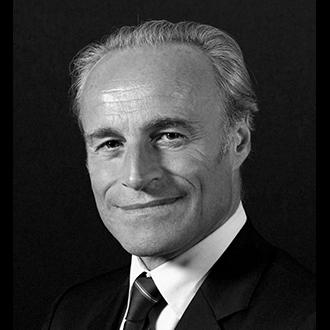Pratice area
Trusts and Foundations
The trust is a technique developed under Anglo-American law to divide the ownership of an asset horizontally. Under French law, property rights can be divided into usufruct (usufruit) and bare ownership (nue-propriété), which constitutes a vertical division because the property’s attributes are broken up into different types of in rem rights. A trust, however, divides property horizontally between different types of owners.
Foundations share some of the characteristics of trusts, but because they have separate legal personality they are easier for lawyers trained in Continental Law to understand. Foundations are therefore more widely used in German-speaking countries such as Germany, Switzerland, Austria and Liechtenstein.
Because trusts have occasionally been used for fraudulent purposes, they are viewed with suspicion from the perspective of French tax law. Countless laws have been passed to “disincentivise” trusts, whereas in the Anglo-American tradition, a trust is like a Swiss army knife when it comes to wealth management.
This is why people from Common Law countries who settle in France may be unpleasantly surprised to find that are treated with suspicion by the tax authorities because of trusts they set up while living abroad or that they are the beneficiaries of.
Bornhauser is recognised for its trust practise. We were the ones who persuaded the Constitutional Council to abolish the proportional fines against trustees who did not declare assets placed in trust to the French tax authorities when the trust beneficiaries resided in France (Decision No 2016-618 QPC of 16 March 2017). We also obtained a limited interpretation allowing settlors of irrevocable discretionary trusts to be able to prove they did not owe wealth tax on assets placed in trust when they had lost all rights to such assets (Decision No. 2017-679 QPC of December 15, 2017).
Marc Bornhauser is a Council Member of the International Academy of Estate and Trust Law. Thanks to the firm’s network, we can help taxpayers comply with French law and find French alternatives to trusts and foundations.

